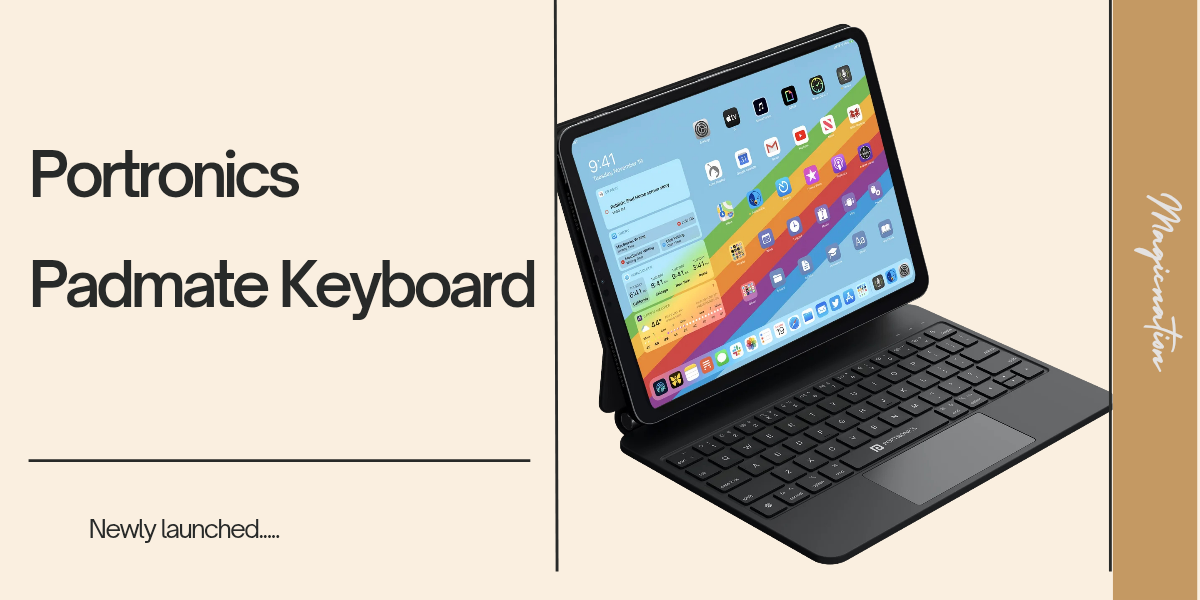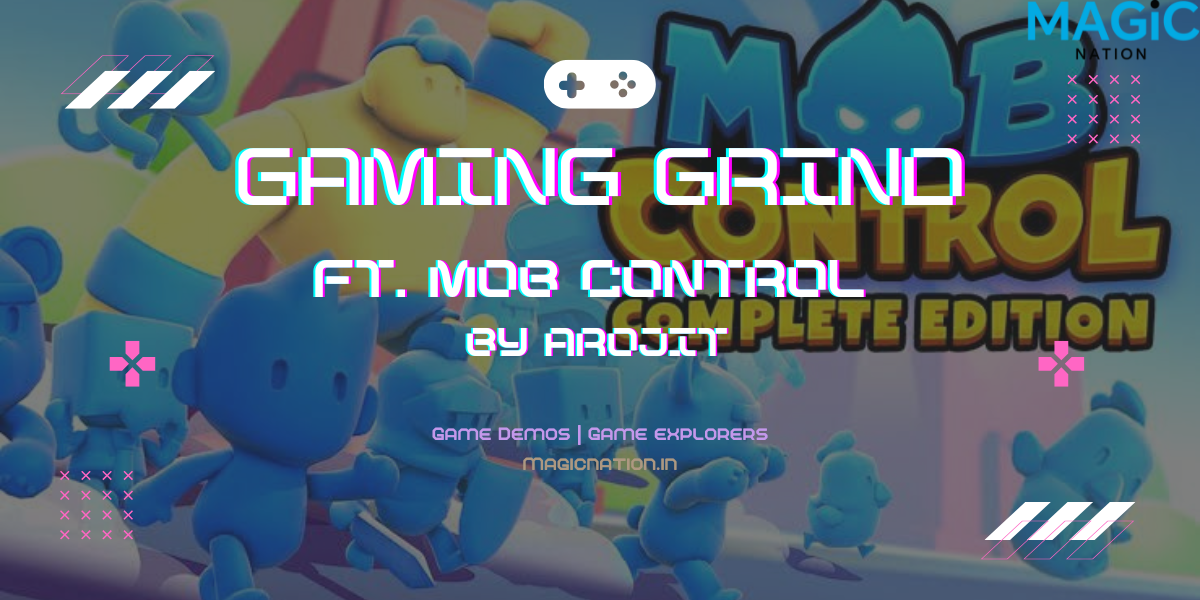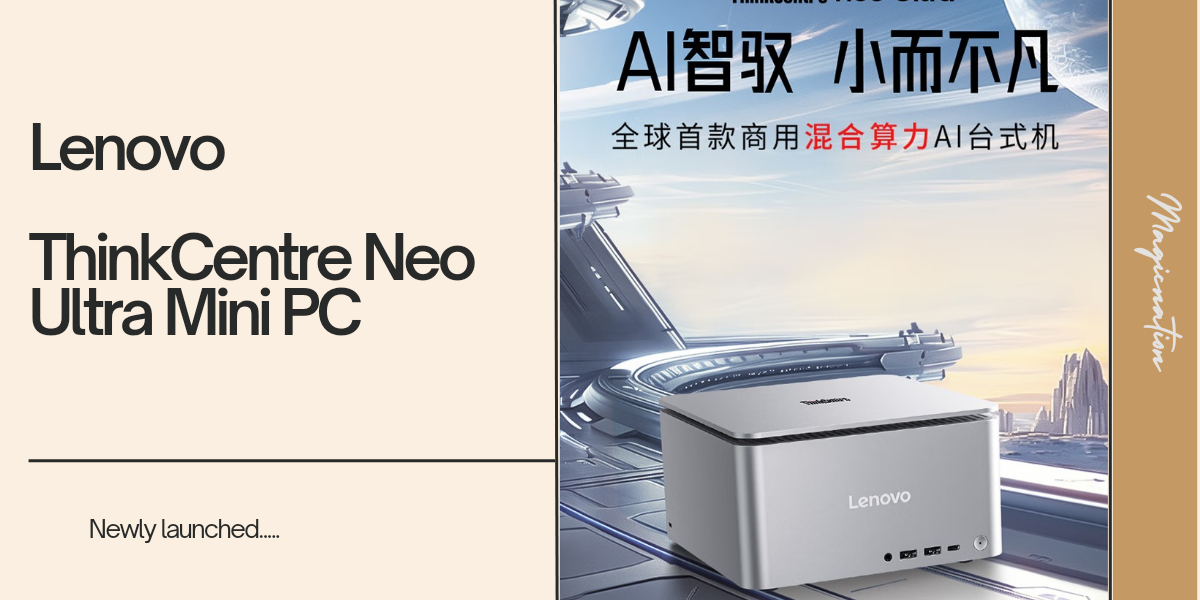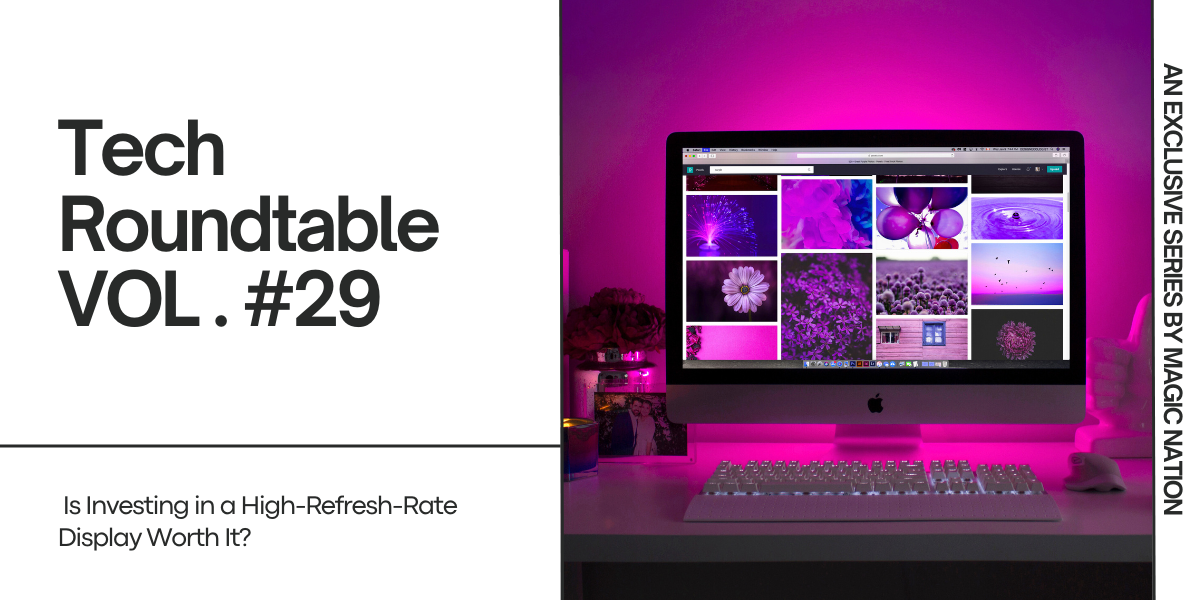I hope you're all enjoying yourselves.

In today's thread we will explore the evolution of AI Powered Personal Assistants technologies, highlight some fascinating examples and discuss what the future might hold.
Yhe landscape of Artificial Intelligence ( AI ) has transformed dramatically in recent years, particularly in the realm of personal assistants. From the early days of voice-activated software like Siri and Alexa, we are witnessing a significant evolution in capabilities, user interactions and applications.
Today's AI-powered personal assistants are not only more intelligent and versatile but are also beginning to play a crucial role in various aspects of our daily lives.
The journey of AI personal assistants began with basic functions like setting reminders, answering basic queries and playing music.THE RISE OF AI PERSONAL ASSISTANTS

SIRI, launched by Apple in 2011 was one of the first to integrate natural language processing into a smartphone, allowing users to interact more intuitively with their devices.
Shortly after, Amazon introduced Alexa, which further popularized the concept of smart speakers and home automation.
TRANSITION TO SMART ECOSYSTEMS

As technology advanced, personal assistants evolved beyond standalone applications into comprehensive smart ecosystems. This shift allowed for better integration with various devices and services, enhancing user experience.
Here are a few noteworthy examples of this evolution -
1. Google Assistant and Smart Home Integration:
Google Assistant has become a core of home automation. With its ability to control a multiple of smart home devices, it allows users to manage their environment seamlessly.
For example by simply saying, “Hey Google, set the living room to 26 degrees,” users can control their AirConditioner without needing to fiddle with a separate app or remote.
2. Samsung Bixby and Visual Recognition:
Samsung’s Bixby takes a different approach by incorporating visual recognition capabilities. Users can take a picture of an object and Bixby can provide information about it or even suggest similar products for purchase. This visual dimension adds a layer of interactivity that enhances the utility of personal assistants.
3. Microsoft Cortana’s Focus on Productivity:
Initially launched as a competitor to Siri and Alexa, Microsoft Cortana has shifted its focus toward productivity, particularly within the Microsoft 365 ecosystem. Cortana helps users schedule meetings, set reminders and manage tasks, showing how personal assistants can adapt to fulfill specific user needs in a professional context.
One of the most significant advancements in AI-powered personal assistants has been the improvement in Natural Language Processing (NLP). This technology enables assistants to understand and respond to queries more naturally and accurately.ADVANCEMENTS IN NATURAL LANGUAGE PROCESSING

For example, OpenAI's ChatGPT has pushed the boundaries of conversational AI, enabling more nuanced and context-aware interactions. Unlike traditional assistants that often require exact phrasing, AI models like ChatGPT can engage in fluid conversations, answer complex questions and provide personalized recommendations based on user preferences.
PERSONALIZED EXPERIENCES
Today’s AI personal assistants are also becoming more personalized, adapting to individual users’ preferences and habits.
These are some examples of that :
Spotify’s Discover Weekly :

While not a traditional personal assistant, Spotify uses AI to curate a weekly playlist tailored to individual listening habits. This kind of personalized recommendation is now being integrated into personal assistants which can suggest music, podcasts or even news based on user behavior.
My AI on Snapchat:

Snapchat has introduced "My AI," a personalized chatbot that uses OpenAI's technology. It learns from user interactions, allowing for tailored conversations and recommendations, making the experience more engaging and relevant.
The future of AI personal assistants is likely to involve multimodal interaction, which allows users to engage through various means including voice, text and visual inputs.MULTIMODAL INTERACTION

For Example, advancements in Augmented Reality (AR) and Virtual Reality (VR) could pave the way for more immersive interactions. Imagine wearing AR glasses that can recognize landmarks and provide information about them through a virtual assistant.
AI-powered personal assistants are not limited to consumer use, they are also making significant inroads into business and healthcare.THE ROLE OF AI IN BUSINESS AND HEALTHCARE
In the business realm, tools like Salesforce’s Einstein and IBM’s Watson are transforming Customer Relationship Management (CRM) and data analysis by providing actionable insights and automating repetitive tasks.

In healthcare, AI assistants like Ada Health and Babylon Health are changing how patients interact with medical services. These tools can analyze symptoms, provide medical information and even schedule appointments, making healthcare more accessible and efficient.
As personal assistants become more integrated into our daily lives, concerns surrounding privacy and data security are becoming increasingly paramount. Users must be fully aware of how their data is collected, utilized and stored by these technologies. This awareness is crucial because the information shared with personal assistants can include sensitive details about our lives, preferences and behaviors.PRIVACY AND ETHICAL CONSIDERATIONS

In response to rising privacy concerns, companies are increasingly focusing on enhancing transparency and providing users with greater control over their personal information. This includes clear communication about data practices, allowing users to opt in or out of data collection and providing accessible means to delete or modify their data.
THE FUTURE OF AI PERSONAL ASSISTANTS
The evolution of AI-powered personal assistants is still in its early stages.
Future developments may include:
Greater Contextual Awareness:
Future assistants will likely have improved capabilities to understand the context of conversations, leading to more relevant responses.
Emotional Intelligence:
As AI systems continue to advance, they may develop emotional intelligence allowing them to respond appropriately to the user’s mood and emotional state.
Enhanced Integration with Daily Life:
With the rise of IoT (Internet of Things), personal assistants may seamlessly integrate with everyday tasks, from managing household chores to planning vacations.
CONCLUSION

AI-powered personal assistants have come a long way since their inception, evolving into sophisticated tools that enhance our daily lives. As technology continues to progress, we can expect even more remarkable developments in this space.
The potential for personalization, integration and contextual understanding will redefine how we interact with technology. Whether in our homes, workplaces or healthcare settings, AI personal assistants will play an increasingly vital role, shaping the way we live, work and communicate in the future.
HERE IS A QUESTION FOR YOU'LL
DO YOU THINK AI ASSISTANTS WILL REACH A POINT WHERE THEY CAN TRULY UNDERSTAND AND RESPOND TO HUMAN EMOTIONS? WOULD THAT CHANGE HOW YOU INTERACT WITH THEM?
And that's a wrap for today !
Looking forward to reconnecting with you all next time
Until Then,
Merci Au Revoir
Rajveer Singh

















